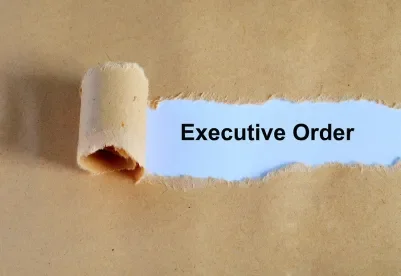On August 8, 2020, President Donald Trump issued the Memorandum on Deferring Payroll Tax Obligations in Light of the Ongoing COVID-19 Disaster (Executive Order).
Pursuant to the Executive Order, the Secretary of the Treasury is directed to use his authority to defer the withholding, deposit, and payment of the 6.2 percent Social Security tax on certain wages or compensation paid between September 1, 2020, and December 31, 2020, subject to the conditions described below.
The withholding deferral is to apply only with respect to employees with wages or compensation payable during a bi-weekly pay period that generally is less than $4,000, calculated on a pre-tax basis (or the equivalent amount with respect to other pay periods). It is unclear what the “generally” means in this context and further guidance will be necessary in order to implement the Executive Order. The Secretary of the Treasury is directed to issue such guidance.
Additionally, the amounts deferred are to be without penalties, interest, or additions to the tax. The Secretary of the Treasury is also directed to “explore avenues, including legislation, to eliminate the obligation to pay the taxes deferred pursuant to the implementation of this memorandum.”
Given that a comprehensive stimulus bill may be passed that will obviate the need for the Executive Order, the anticipated Treasury guidance, and the September 1 effective date, we do not recommend that employers take immediate action to implement the deferral.
Even in the absence of such legislation, employers will need to review any implementing guidance issued by the Secretary of the Treasury and to evaluate the risks in implementing the deferral of the employee portion of the Social Security tax, which ultimately may need to be withheld from future employee wages or compensation. It is possible that employers may decide ultimately not to implement the deferral described in the Executive Order given the risks of not being able to withhold the deferred taxes from future income (e.g., due to employee terminations).
Accordingly, we recommend that employers continue to monitor applicable guidance, but not make any changes to their payroll withholding processes at this time. We realize that changes to payroll systems require lead time, but given the uncertainty surrounding how the deferral will be implemented and whether it actually will become effective, we think this is the most prudent course at this time.
If you have questions or need assistance, please reach out to the Jackson Lewis attorney with whom you regularly work. We will continue to review all relevant guidance and legislation and will provide updates as appropriate.





 />i
/>i
